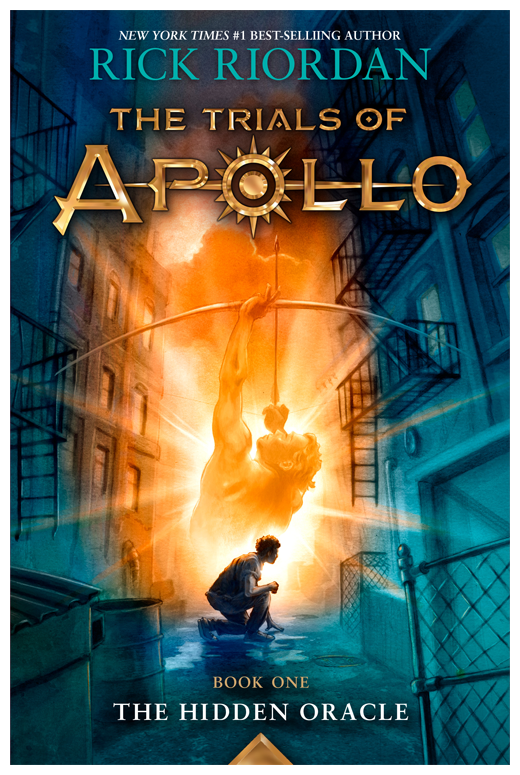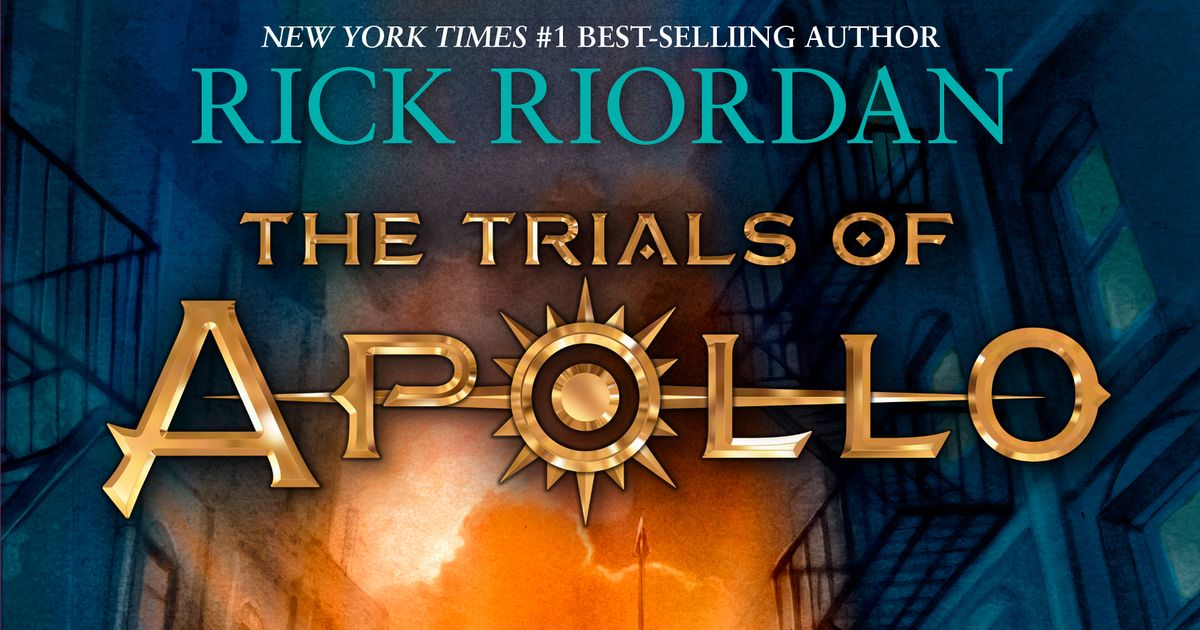
Riordan is an advocate for diverse books, and it really shows in this novel. You’ll meet a whole slew of new characters from all around the world, speaking all sorts of languages. For now, bask in the glory of every new peek we get outside of Greek, Roman, Egyptian, and Norse mythology, even if it is fleeting.īut the mythology isn’t the only aspect of Riordan’s books that are diverse. Riordan has said time and time again that he loves writing books about mythology, but with all the different possibilities, it can be quite overwhelming for one person to tackle them all. There’s also a great paragraph about what else may exist out there - but don’t get your hopes up just yet. It reminds us that, yes, these books are all connected, even if only by the thinnest of threads. Not only does he bring up Camp Jupiter, but there’s a reference to Magnus Chase and the Gods of Asgard as well. Riordan constantly works to fill and expand the universe of his books. I don’t want to give away too much here, but suffice it to say that even a few minutes with fan-favorite characters feels like a weight has been lifted off my chest. Better yet, when we do meet those older characters again, it’s a delight to drop in on their lives, knowing they’ve been busy staying alive since the last time we’ve heard from them. Even if we don’t see everyone in The Hidden Oracle, we get an update on what they’re all up to. This book also makes room for old favorites. It’s not all it’s cracked up to be, actually. Gods have long played critical roles in these series, but never before have we gotten such an inside look at what it’s like being divine. For the first time our narrator is a god, not a demigod. You’ll find yourself laughing out loud at the jokes and leaning forward in your seat at the plot twists, but aside from it already feeling comfortably familiar, Oracle also happens to be completely different. This book is, without a doubt, a Rick Riordan classic, but with a twist.


Imagine my surprise when I found myself choking up over Apollo right from book one. I’ll admit to crying over characters like Nico and Leo and Percy (and Bob) in the Heroes of Olympus series, but those tears only came after spending about a thousand pages with them. Apollo is, as you may remember, horrifically self-absorbed, but as the story unfolds, the depth of humanity inside of him quickly becomes apparent.

The Hidden Oracle begins six months after the end of The Blood of Olympus, when Apollo, God of Being Fabulous, is reduced to Lester Papadopoulos, mere mortal.


 0 kommentar(er)
0 kommentar(er)
